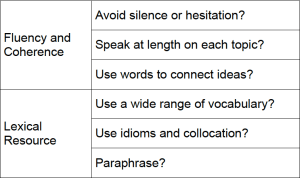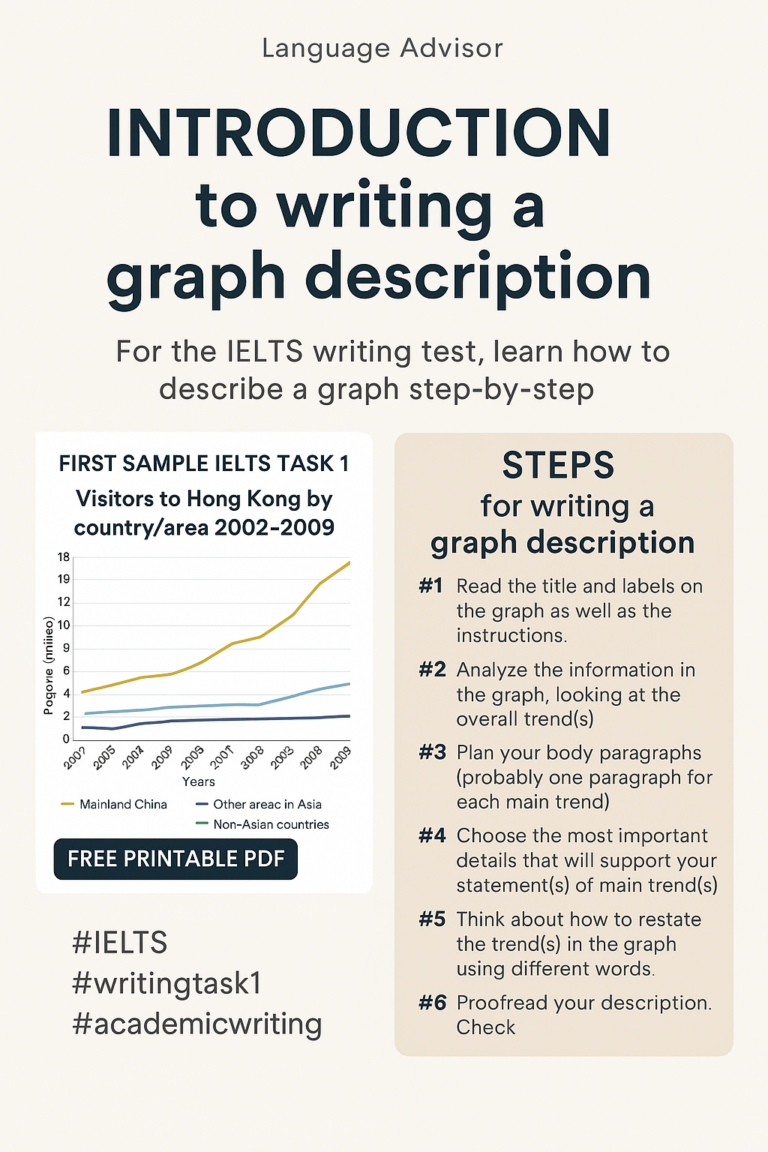6 IELTS Speaking Practice Tests. Enhance Your Speaking Skills for Success with free Printable PDFs
6 IELTS Speaking Practice Tests

6 IELTS Speaking Practice Tests

Preparing for the IELTS Speaking test can be challenging, but with the right practice and strategies, you can significantly improve your performance. The IELTS Speaking Practice Test is an essential tool that helps you simulate real test conditions, practice a variety of topics, and develop your fluency, vocabulary, and confidence. In this blog post, we’ll explore how to effectively use the IELTS Speaking Practice Test to maximize your chances of success.
Why Use the IELTS Speaking Practice Test?
1. Realistic Test Experience:
The IELTS Speaking Practice Test offers a realistic simulation of the actual test, helping you become familiar with the format and reduce anxiety on test day. Practicing under real test conditions allows you to manage your time effectively and become comfortable with the question types.
2. Diverse Topic Coverage:
The practice test includes a wide range of topics commonly encountered in the IELTS Speaking test, such as education, environment, technology, and personal experiences. By practicing with these diverse topics, you can prepare to discuss any subject confidently and coherently.
3. Vocabulary and Fluency Improvement:
Regular practice with the IELTS Speaking Practice Test helps you expand your vocabulary and enhance your fluency. You’ll learn to express your ideas clearly and effectively, which is crucial for achieving a high score on the speaking test.
4. Self-Evaluation and Feedback:
The practice test allows you to record your responses and evaluate them. Listening to your recordings helps you identify areas for improvement, such as pronunciation, grammar, and coherence. Seeking feedback from teachers or study partners can further help you refine your speaking skills.
How to Use the IELTS Speaking Practice Test Effectively
1. Consistent Practice: Set aside regular time for practicing the IELTS Speaking Practice Test. Consistency is key to building and maintaining your speaking skills. Aim for daily practice sessions to keep improving steadily.
2. Record and Review: Record your responses during the practice test and review them later. This self-evaluation helps you pinpoint strengths and weaknesses. Note areas that need improvement and work on them in subsequent practice sessions.
3. Focus on Weak Areas: Identify your weak areas and devote extra time to practicing them. If you struggle with certain question types or topics, practice them more frequently until you feel more comfortable and confident.
4. Pair Practice and Feedback: Practice with a partner who is also preparing for the IELTS test. Take turns asking and answering questions, and provide constructive feedback to each other. This interactive practice simulates the test environment and helps you improve through mutual support.
5. Use Supplementary Materials: In addition to the IELTS Speaking Practice Test, use supplementary materials such as vocabulary lists, grammar exercises, and pronunciation guides. These resources can help you enhance specific aspects of your speaking skills.
The IELTS Speaking Practice Test is an invaluable resource for anyone preparing for the IELTS Speaking test. By incorporating regular practice, self-evaluation, and targeted improvement into your study routine, you can boost your speaking skills, build confidence, and increase your chances of achieving a high score. Start using the IELTS Speaking Practice Test today and take a significant step towards your IELTS success.

IELTS Speaking Practice Tests – 1
IELTS Speaking Practice Tests – 2
IELTS Speaking Practice Tests – 3
IELTS Speaking Practice Tests – 4
IELTS Speaking Practice Tests – 5
IELTS Speaking Practice Tests – 6

Also check out these resources to prepare for IELTS












